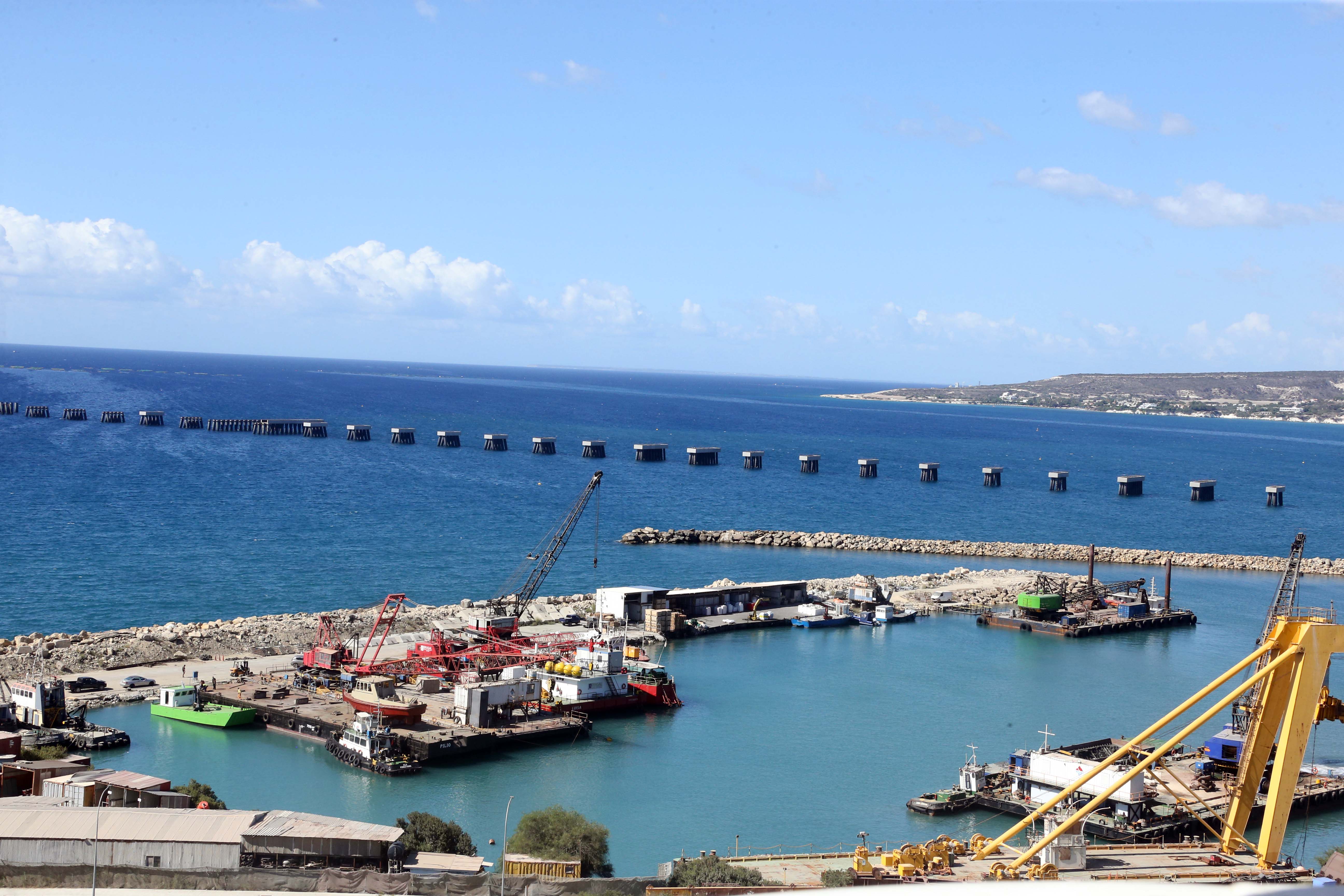By Charalampos Stylianou
The Vasilikos LNG terminal infrastructure and floating storage and regasification unit Prometheus will be fully operational by the end of the year, Energy Minister George Papanastasiou said on Tuesday.
He also confirmed that the government remains committed to its ambitious timeline, recognising the importance of natural gas for the country’s energy future.
The FSRU, Papanastasiou said, departed Shanghai on December 14 and reached Singapore on December 21. Technical experts specialising in floating regasification units boarded the ship there.
The vessel is currently stationed in the Strait of Malacca, undergoing thorough inspections and evaluations to identify any further modifications required.
“Beyond the technical equipment onboard, the vessel will need to be tested at a terminal to ensure its compatibility with real-world operations,” Papanastasiou said, adding that avoiding prolonged idleness is critical to prevent maintenance issues caused by the marine environment.
While acknowledging the timeline as optimistic, Papanastasiou emphasised that stakeholders must prioritise the project’s completion by late 2025.
“The aim is for the infrastructure to be ready, and for the vessel to be docked and operational. However, the introduction of natural gas may extend into the first quarter of 2026 to allow the EAC and private electricity producers to test their generators using regasified fuel,” he said.
Meanwhile, regarding Cyprus’ participation in the Great Sea Interconnector (GSI), which would link Cyprus’s power system to that of Greece, Papanastasiou said discussions with his Greek counterpart are ongoing. The latest meeting took place on December 27, during which Cyprus presented observations from its independent advisors.
“The key question is whether Cyprus will become a shareholder in the company that owns and manages the infrastructure and electricity flows,” Papanastasiou said, adding that a formal response from Greece is expected soon.
Infrastructure ownership is a crucial issue for Cyprus, as it would strengthen the island’s integration with the European energy market.
On the exploration front, Papanastasiou said for the Cronos gas field, which is expected to deliver Cyprus’ first commercial gas, the operating company is currently in talks with both Egyptian authorities and his ministry to finalise a commercial agreement.
The development and production plan for Cronos is expected within two months, he added, outlining a route linking the field to Egypt’s Zohr infrastructure. A portion of the extracted gas will be supplied to the Egyptian market, with the majority intended for liquefaction and export to Europe and global markets.
Papanastasiou concluded by underscoring the significance of timely decisions and regional partnerships, which will be key to Cyprus’ goal of becoming a regional energy hub.






Click here to change your cookie preferences